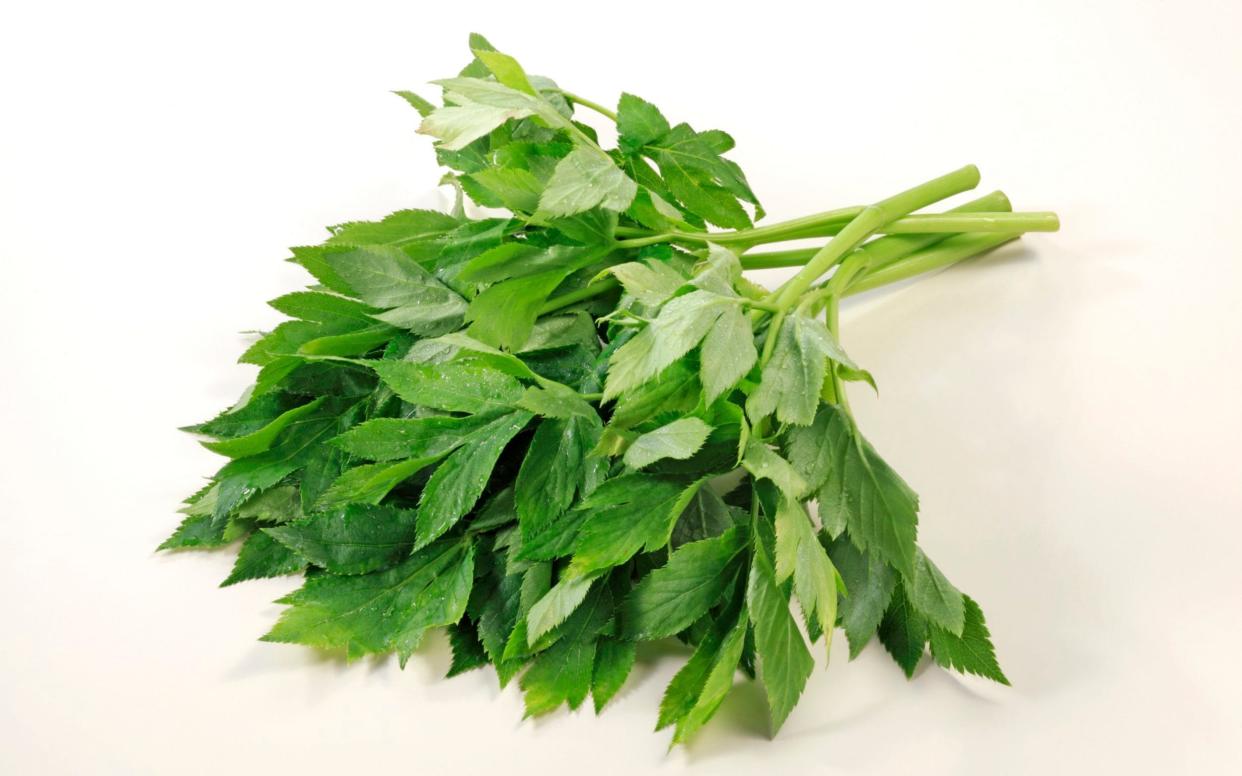Japanese plant eaten by Samurai may hold key to slowing down ageing

A Japanese plant which folklore suggested was the key to a long, healthy life, could really be the secret to slowing down ageing, a new study suggests.
The rare angelica keiskei koidzumi - known as ashitaba - has been a staple of Samurai diets for millennia, and has such rejuvenating properties that if a leaf is cut off in the morning it will start to grow back by the following day.
Now scientists looking for compounds which could slow ageing have discovered that one of the best can be found in the ashitaba plant, which translates as ‘tomorrow’s leaf.’
Known as DMC, when the compound was given to fruit flies and worms it extended their lifespan by 20 per cent, and prevented senescence in human cells - the state where the cells grow dormant, unable to divide or clear themselves out, which leads to cancer.
It was also shown to protect the hearts of mice even when blood flow was reduced.
Writing in the journal Nature Communications, Frank Madeo, of the University of Graz in Austria, said turning the compound into a drug could take the place of other age defying strategies, such as fasting.
“While the beneficial effects of certain behavioral and dietary strategies, especially calorie restriction, are uncontestable, most individuals have difficulties to strictly and permanently adhere to them.
“This has encouraged the search for potential pharmacological alternatives
“Intriguingly we could detect DMC in the leaves of the plant Angelica keiskei koidzumi, commonly known under the Japanese name of Ashitaba, to which longevity- and health-promoting effects are attributed in Asian folk medicine.
“This fuels the expectation that DMC may be therapeutically applicable in humans.”

The researchers believe that DMC works by stimulating the body to clear out old or disease cells to make way for new healthier versions, a process known as autophagy.
When autophagy does not work it can result in age-related disease, including neurodegenerative disorders, when toxic or damaged molecules accumulate in the cell.
Ashitaba has traditionally been used as a medication to improve digestion, speed wound healing and prevent infection, and it often serves as pasture for cattle, as it is said to improve the health of cows and the quality of milk.
The researchers have now called for more research to see if the DMC can be used to prevent age-related decline in humans.
Sign up for your essential, twice-daily briefing from The Telegraph with our free Front Page newsletter.

 Yahoo News
Yahoo News 
